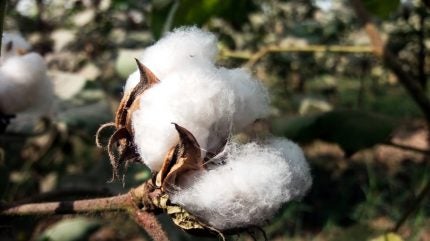
The AGI Denim Regenerative Cotton Farm Project, a collaboration with the Rural Education & Economic Development Society (REEDS), a non-profit agricultural organisation aims to benefit 1,300 cotton farmers in the Ghotki region of Sindh, Pakistan.
This project focuses on implementing regenerative agricultural practices that minimise chemical usage, enhance soil health, and preserve biodiversity.
By working directly with farmers in close proximity to AGI Denim’s existing facilities in Sindh, the company aims to streamline its operations while reducing its environmental footprint.
The AGI Denim Regenerative Cotton Farm Project offers several key advantages:
- Sustainable agriculture
- Reduced transportation impact
- Improved quality control through closer collaboration with farmers
- Faster turnaround times for finished products.
To ensure the credibility and transparency of the project AGI Denim is actively pursuing regenagri certification from certification body Control Union.
This certification will validate the company’s commitment to regenerative agriculture, human rights due diligence, carbon footprint minimisation, and the empowerment of women through knowledge-building programmes.

US Tariffs are shifting - will you react or anticipate?
Don’t let policy changes catch you off guard. Stay proactive with real-time data and expert analysis.
By GlobalDataAGI Denim is following in the footsteps of another denim manufacturer Soorty which in March also launched a regenerative agriculture farming project called Regenagri Initiative, alongside REED.
Soorty’s project lead on SRI Dr Muhammad Yousaf explained at the time: “Regenerative agriculture isn’t just about maintaining the status quo – it’s about actively improving soil health and biodiversity.
“With SRI we’re proving that ecological restoration and premium cotton production are not mutually exclusive goals.”



